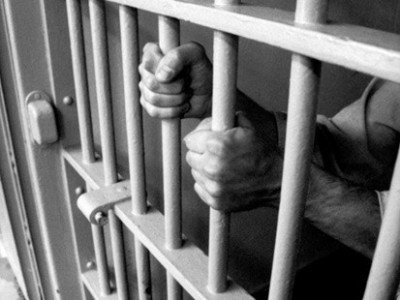From care to incarceration: The relationship between adverse childhood experience and dysfunctionality in later life
A government report from 2002 states that a staggering 49% of children who have been in care will end up in the prison system. They make up 23% of the total prison population.
27 Jul 2015Figures out in June suggest that the number of children being taken into care is at its highest ever.
The link between growing up in care and later being incarcerated is only one part of a larger and more complex problem. Since the 1990’s the UK prison population has almost doubled and a look at the statistics tells a distressing story. 29% of the prison population have suffered childhood abuse, 46% came from homes in which they either experienced or witnessed violence, 15% were homeless immediately prior to incarceration and 62% have drug problems. 90% of those in prison show signs of a mental health problem and 70% have two or more disorders. Almost the entire prison population has experienced mental health problems or homelessness, suffered abuse or violence as a child, been addicted to drugs, or grown up in care. Prisons have become holding pens for society’s most vulnerable members.

Last week the chief inspector of prisons Nick Hardwick said that UK prisons are in their worst state for a decade, describing some jails as ‘places of violence, squalor and idleness’. Earlier this year Anthony Douglas, chief executive of Cafcas, an organisation which safeguards the welfare of children entering the care system, claimed that the government’s proposed welfare cuts are likely to create a leap in the number of children going into care, as families already struggling are stretched even thinner. Under this government the picture is increasingly bleak for society’s most vulnerable children. Many will be taken into care as a direct result of the austerity cuts, and later find themselves in a dangerous, overcrowded prison system that is unfit for purpose.
Norway has the most progressive prison system in the world. Its proudest achievement is Bastoy, run by clinical psychologist, Arne Nilson. At just 16% Bastoy has the lowest reoffending rate of any prison in Europe. By comparison 46% of UK prisoners will reoffend within a year of being released. The secret, according to Nilson, is how Bastoy treats its inmates. ‘If we treat people like animals when they are in prison they will likely behave like animals. Here we treat people as human beings.’
Click here to read the full article
Doctors can lead the way to healthier drug policies – join IDHDP now.
Share this on: